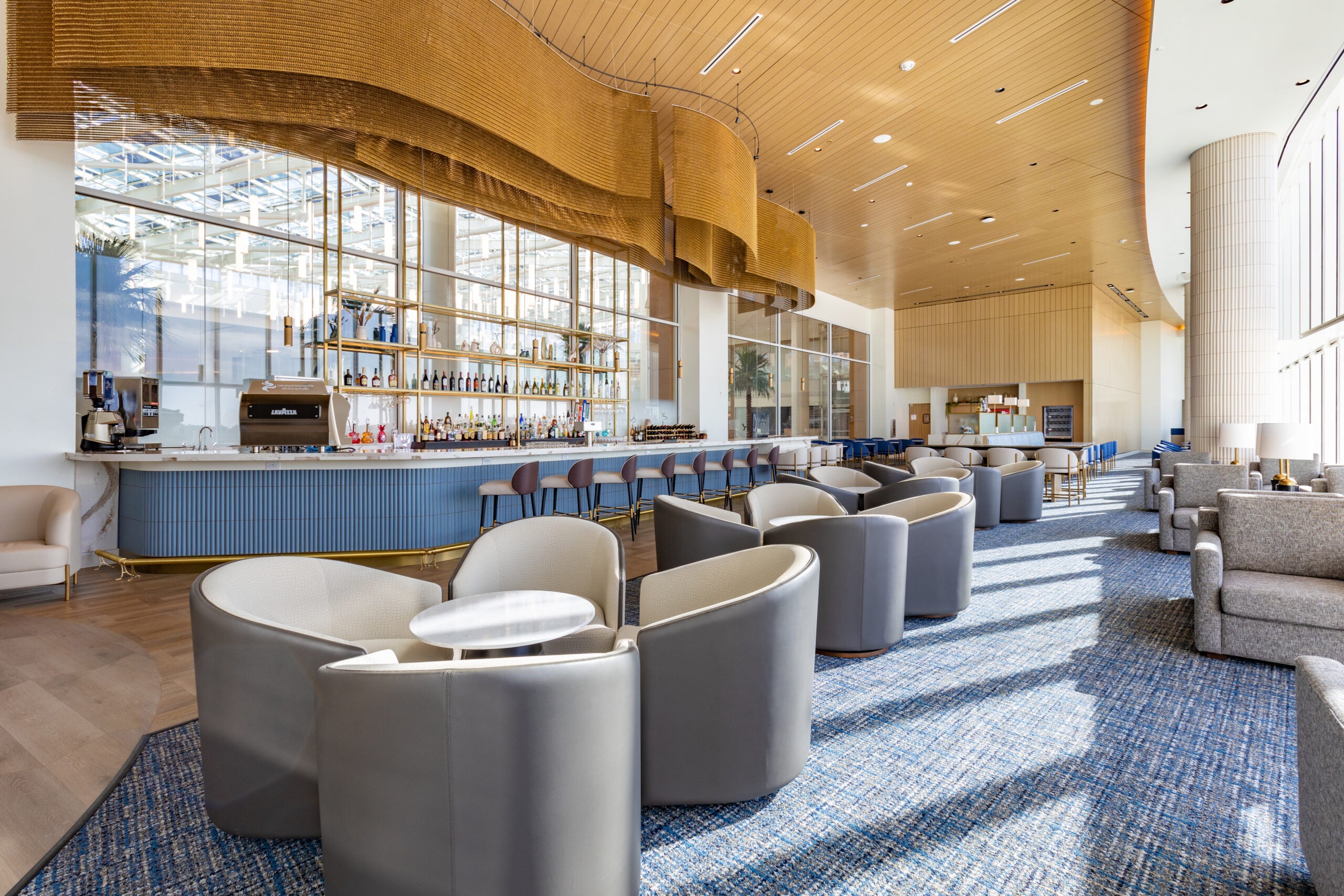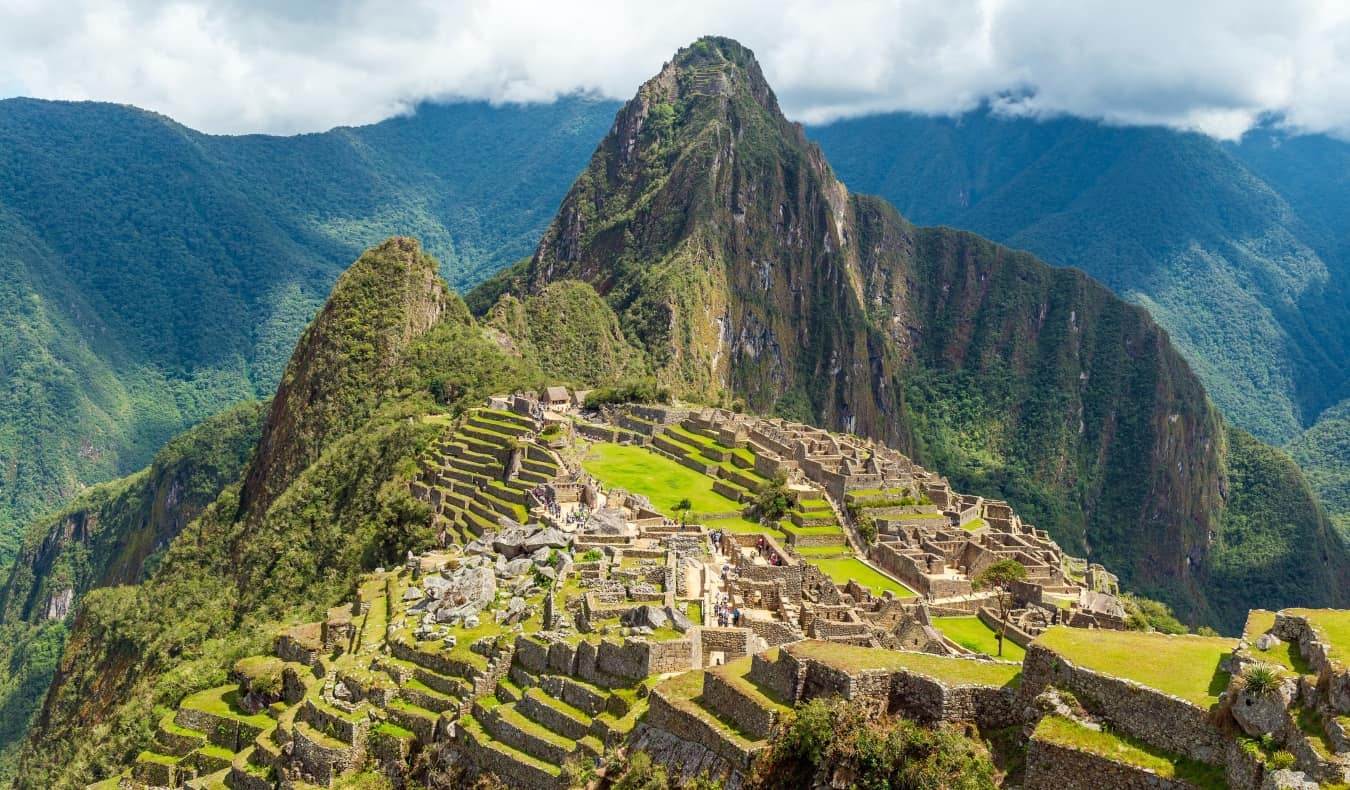Trying To Not Look Like A Tourist? This Is Why You Shouldn’t

One of the most common travel questions over the last few years has become “how do I not look like a tourist?”
The New York Times has numerous guides with titles such as “How Do I Not Look Like A Tourist In New York” and “How Can I Dress To Not Look Like A Tourist In France” while Google Trends (GOOGL) shows a clear spike in searches of the question at the end of 2022. This is clearly something that worries people and, the data also shows, a lot of the worries are coming specifically from the United States.
Related: Travelers should really stop doing this annoying thing
For a lot of people, “like a tourist” is synonymous with a certain type (and stereotype) of an American tourist: loud, brash and completely oblivious to cultural and sartorial differences that may exist in the places they are visiting.
This is what people actually mean when saying they want to ‘look local‘
That is, essentially, what most people worried about standing out in a foreign place want to avoid. What they will leave unsaid when they say they want to look French or like a New Yorker is that they want to look like the stylish people they see on their travels while conveniently leaving out anyone they come across who does not look that way.
More Travel:
- A new travel term is taking over the internet (and reaching airlines and hotels)
- The 10 best airline stocks to buy now
- Airlines see a new kind of traveler at the front of the plane
But there as many ways to be a New Yorker as there are to be a tourist; anyone who is visiting a place for a short period of time is by definition the latter. You can be a well-dressed tourist or a badly-dressed tourist but you cannot be what you are not.
I have spent significant time living in Paris but I would be very foolish to try to “look French” when I’m very much not. Such ideas almost always rely on stereotypes that should be dispelled once you actually visit the place anyway.
We're all tourists somewhere but here's how to be a better one
We all have unique stories, life paths that brought us to where we currently are in the world, that — should the “where are you from question?” come up — are so much more interesting than the pretence of looking local when you’re not. Those who have ever moved far from home will know that truly “becoming local” is a very slow process made up of a chain of small experiences you may not even notice in the moment — realizing people have stopped switching to English when you talk (or, if you moved to a place with the same language, naturally throwing in local terms that were once foreign to you), not using Google Maps where you once needed it, knowing which places to visit and which to skip and, perhaps most importantly, having memories in the places you pass by.
You cannot be local to everywhere and you cannot look like you are from everywhere. So if you're visiting somewhere for the first time, embrace the privilege that so many don't have: being able to travel and see many different places. If you love it so much you choose to come back periodically, the "looking like a local” part will come naturally.
Related: Veteran fund manager picks favorite stocks for 2024


